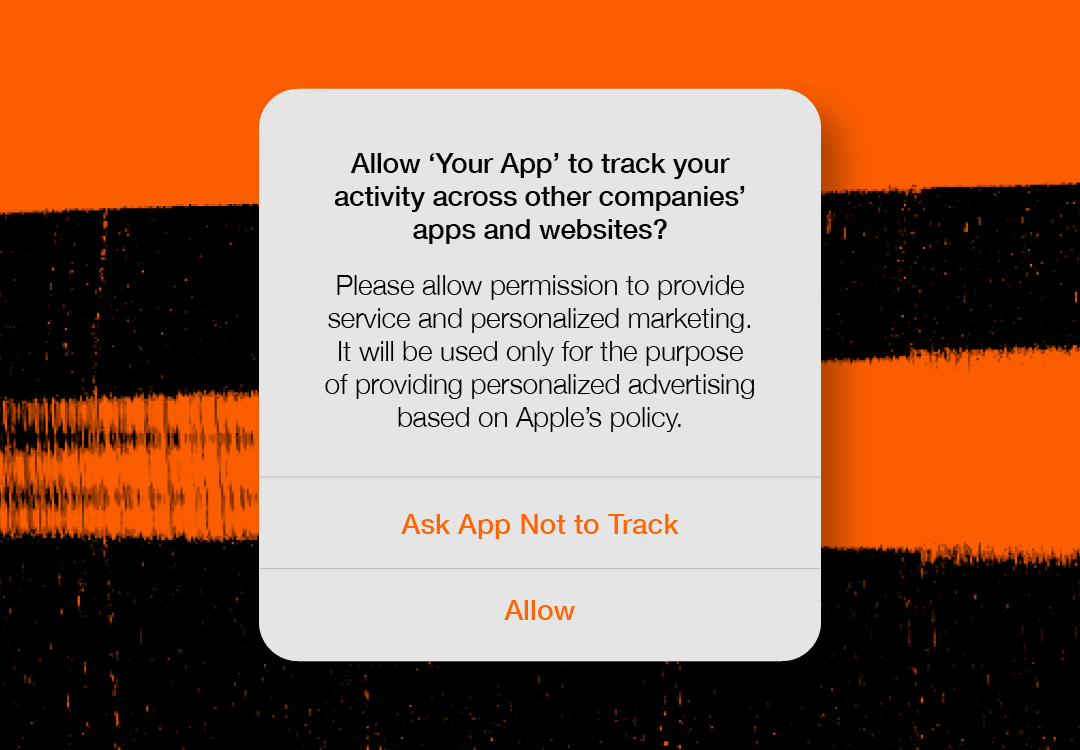How New iOS 14 Privacy Changes Affect Mobile Marketing
This year, Apple rolled out significant changes with its iOS 14 privacy controls. This is an essential victory for individual privacy, make no mistake, but it has had dramatic impacts on digital marketing. Below, we’ll explore what’s changing, the impacts, and what you can do about it.
iOS 14 Privacy Changes’ Effects on Email Marketing
Most email marketing software embeds small pixels into individual emails to track if users open an email. If an email is loaded in a browser, it loads the pixel, telling your software that the email was successfully opened. Now, if Apple Mail users opt into the new email privacy updates, every email a user receives will be remotely loaded. This affects the ability of these pixels to count opens accurately by inflating open rates.
This means that we should apply caution to our analysis of open rates for the time being. Until best practices evolve, our team recommends shifting emphasis from open rates to more reliably tracked metrics like clicks and conversions. This will necessitate a change in email content design and marketing emphasis to a strategy more aligned with goals than the passive reading of content. This also means that strategies of sending to non-openers can still work, but the audience size might be dramatically reduced.

iOS 14 Privacy Changes’ Effects on Digital Advertising
Ad platforms like Facebook use cross-platform targeting and tracking to serve users individualized ads and attention. This includes tracking users’ behavior in proprietary mobile apps and web-based applications using server-side and user-side cookies. This allows Facebook, Instagram, and others to match a user’s browsing behavior and interests across devices with ads for what they’ve demonstrated interest in.
With Apple’s new iOS 14 changes, users can opt-out of app-based tracking, cutting the connection between mobile and desktop activity. Mobile (and tablet) traffic now accounts for nearly half of internet browsing behavior, which will significantly impact audiences.
On desktop, tracking is unaffected, so larger ticket products that require a desktop’s additional attention and viewing space should be less impacted than business models heavily dependent on mobile traffic, like D2C e-commerce.
Not sure how these changes affect your marketing efforts?
Along with the rest of the industry, we continue to evaluate the impacts of these changes. Please contact us to schedule a consultation and to discuss how we can help you and your marketing efforts.
Start by emailing us more information about your business, or book a call with us.



